
AllQuestion and Answers: Page 1104
Question Number 108548 Answers: 0 Comments: 0

Question Number 108547 Answers: 1 Comments: 0
Question Number 108507 Answers: 1 Comments: 0
Question Number 108506 Answers: 1 Comments: 0

Question Number 108502 Answers: 1 Comments: 1
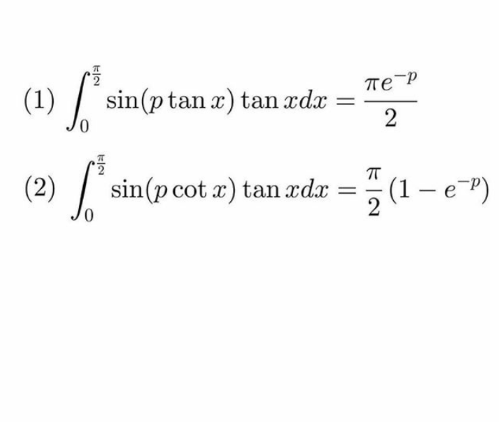
Question Number 108498 Answers: 2 Comments: 0

Question Number 108491 Answers: 1 Comments: 0
Question Number 108483 Answers: 0 Comments: 3
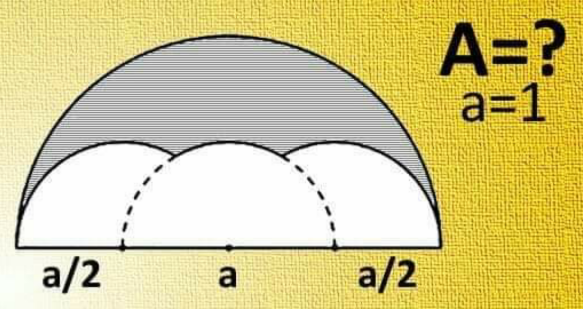
Question Number 108480 Answers: 6 Comments: 0

Question Number 108516 Answers: 2 Comments: 7
Question Number 108476 Answers: 2 Comments: 0
Question Number 108475 Answers: 2 Comments: 0
Question Number 108474 Answers: 1 Comments: 0
Question Number 108473 Answers: 2 Comments: 0
Question Number 108469 Answers: 2 Comments: 0
Question Number 108466 Answers: 0 Comments: 1

Question Number 108463 Answers: 0 Comments: 0
Question Number 108461 Answers: 1 Comments: 1

Question Number 108456 Answers: 3 Comments: 1

Question Number 108450 Answers: 2 Comments: 2
Question Number 108448 Answers: 0 Comments: 0
Question Number 108444 Answers: 1 Comments: 0
Question Number 108430 Answers: 1 Comments: 0
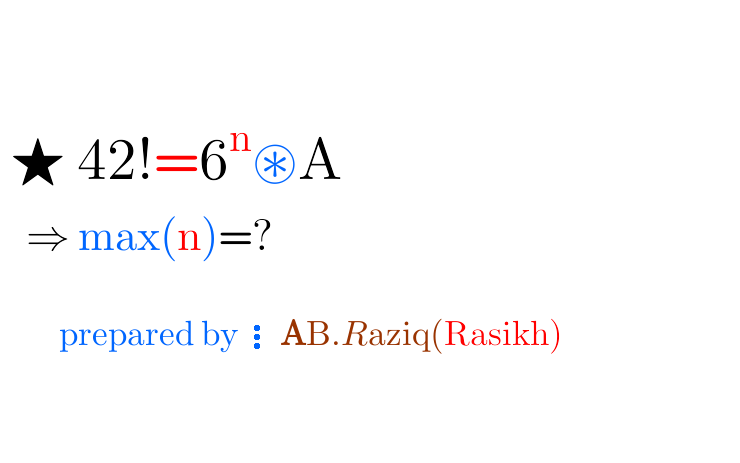
Question Number 108429 Answers: 1 Comments: 0
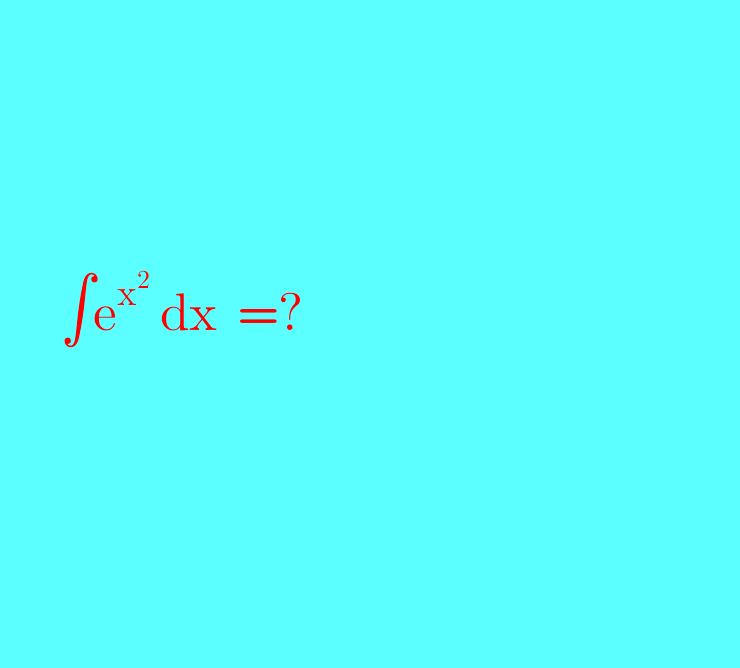
Question Number 108422 Answers: 1 Comments: 0
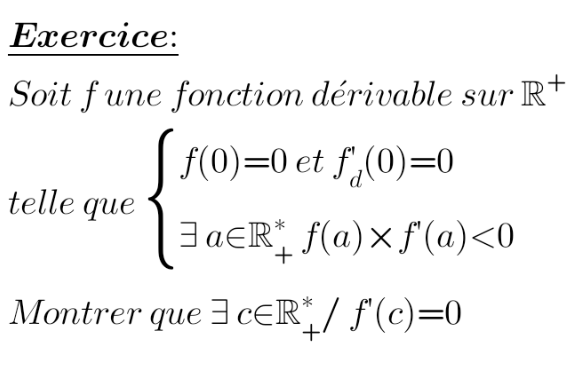
Question Number 108420 Answers: 2 Comments: 0

Pg 1099 Pg 1100 Pg 1101 Pg 1102 Pg 1103 Pg 1104 Pg 1105 Pg 1106 Pg 1107 Pg 1108
